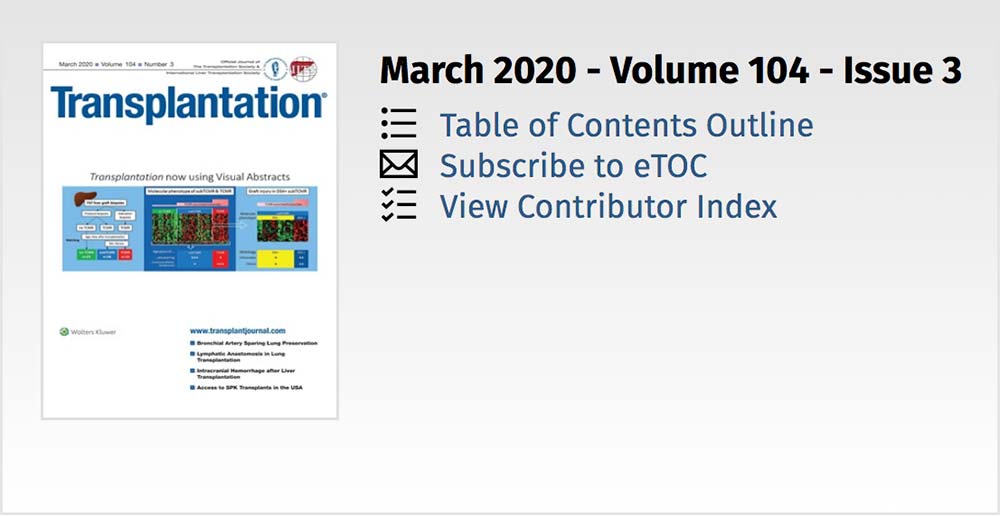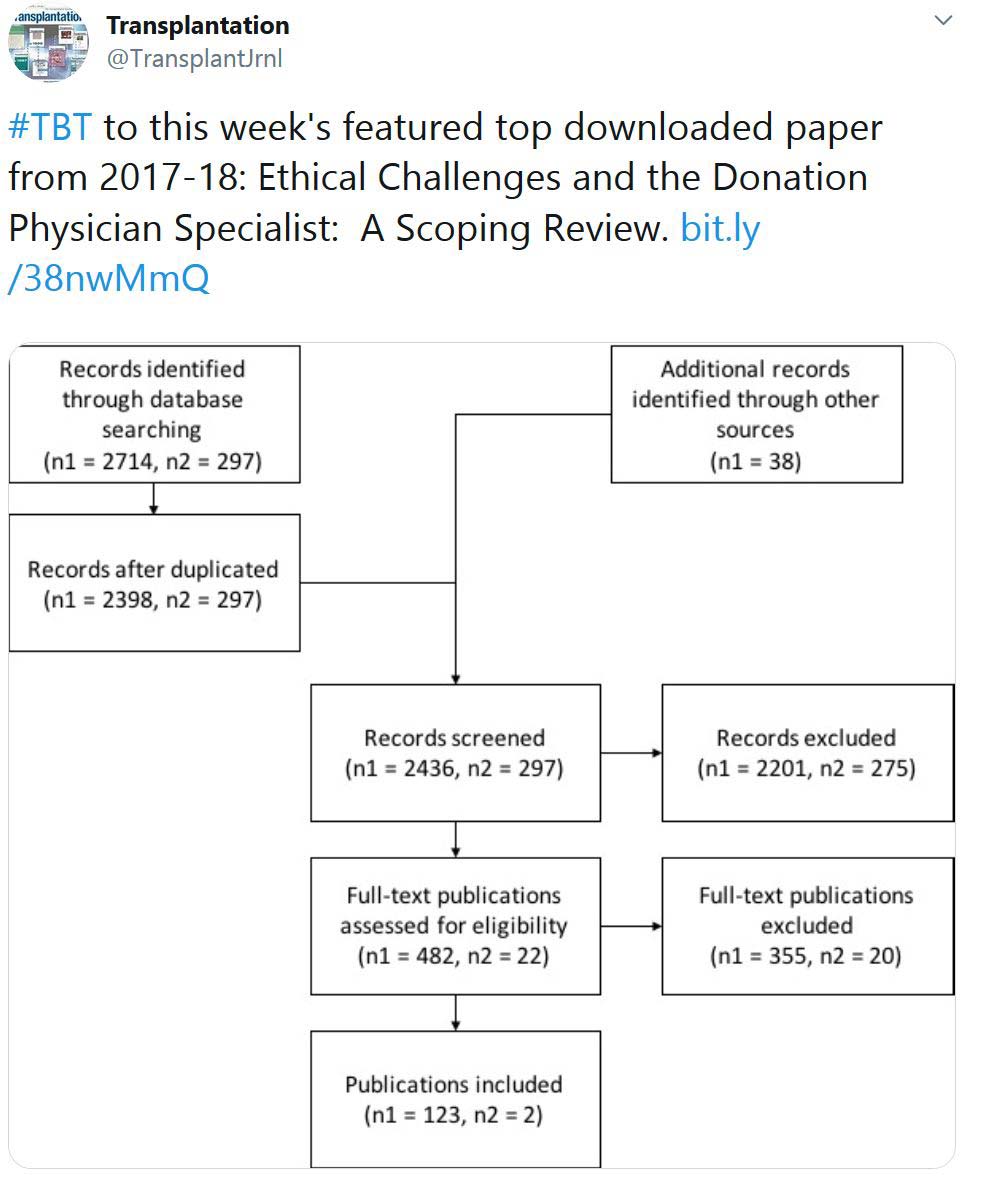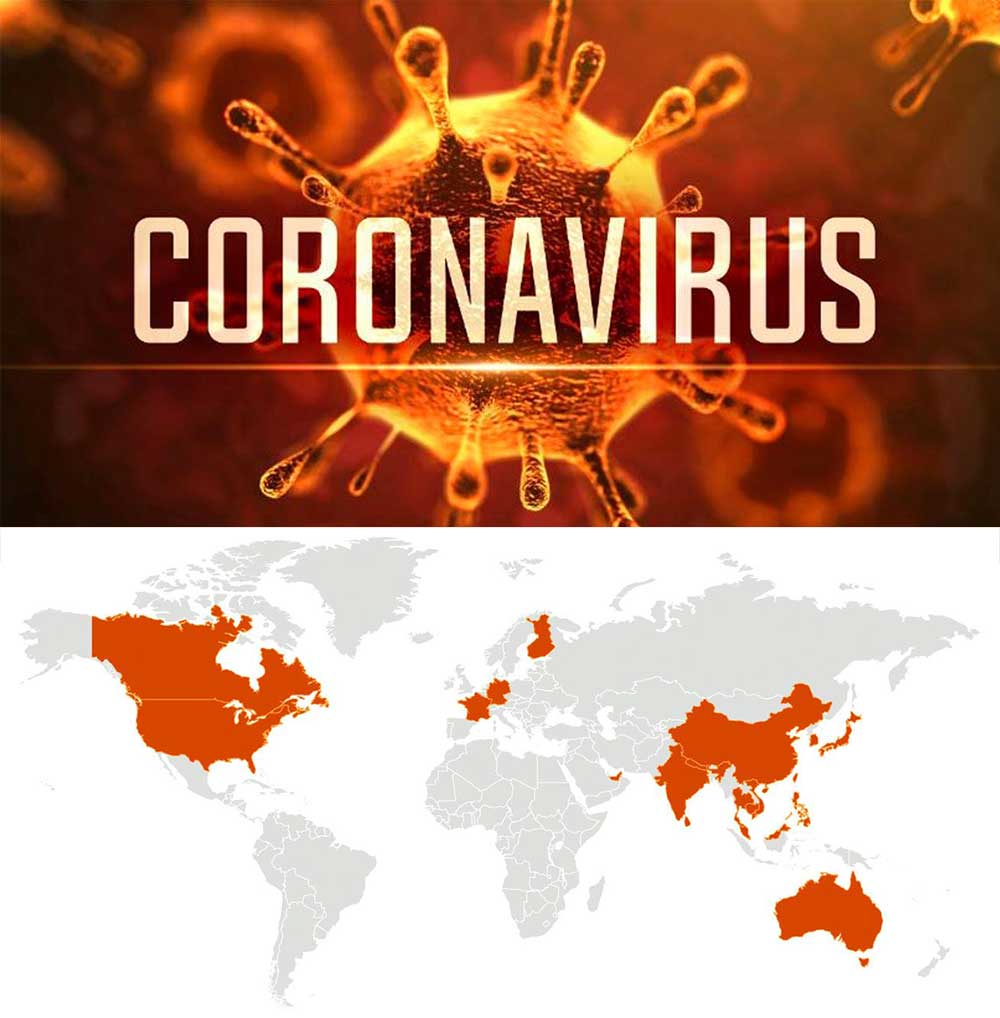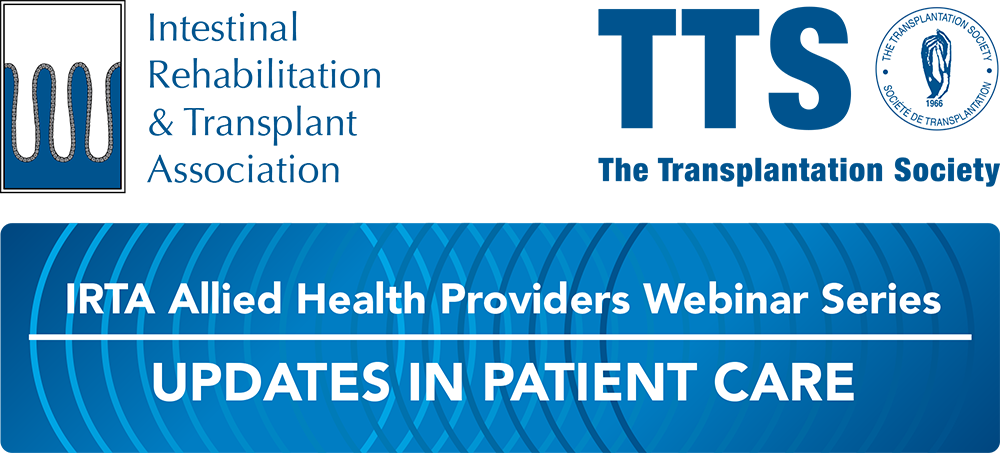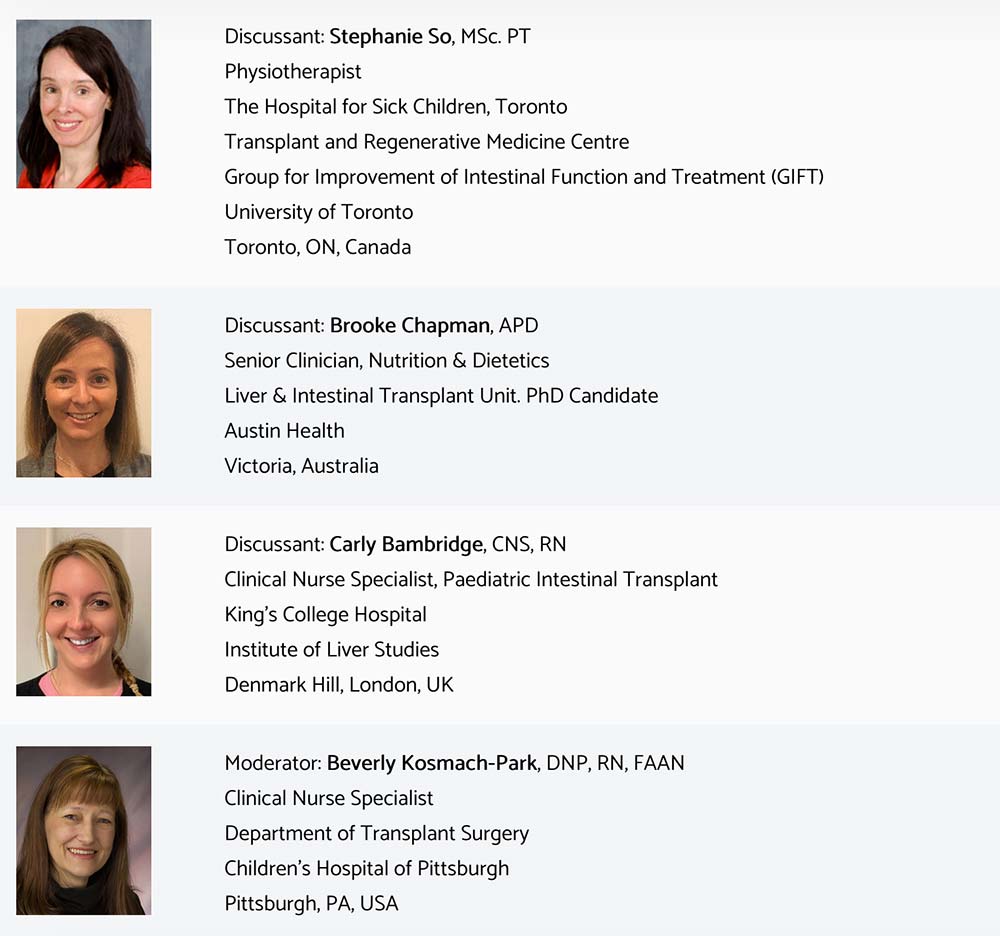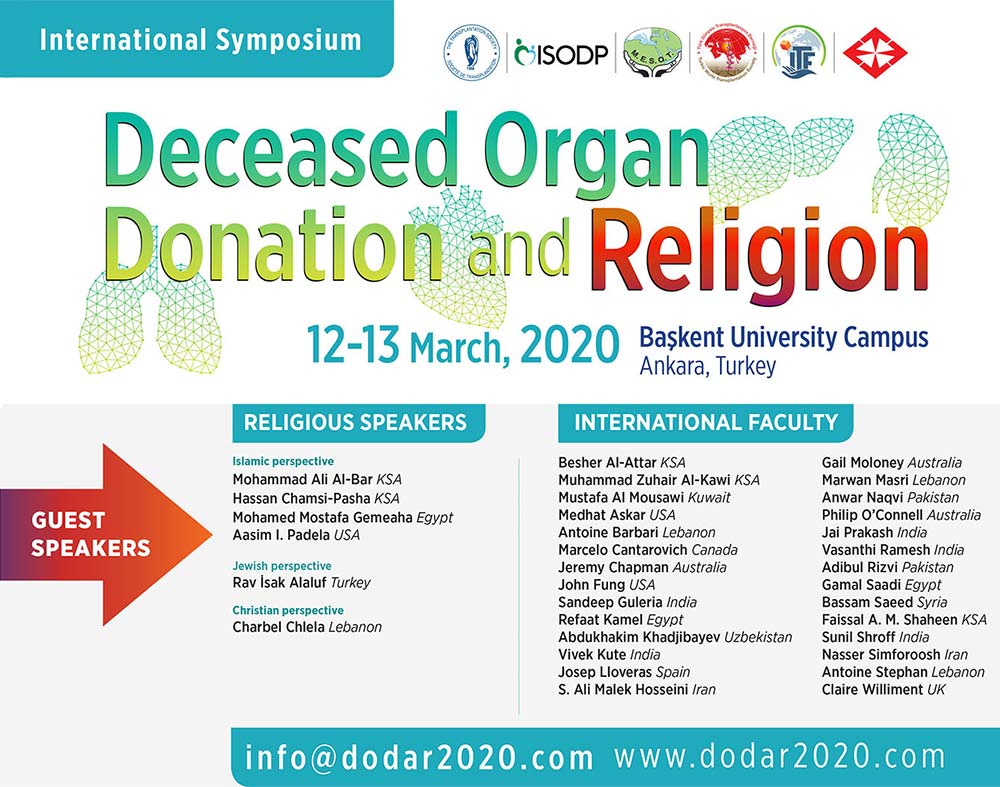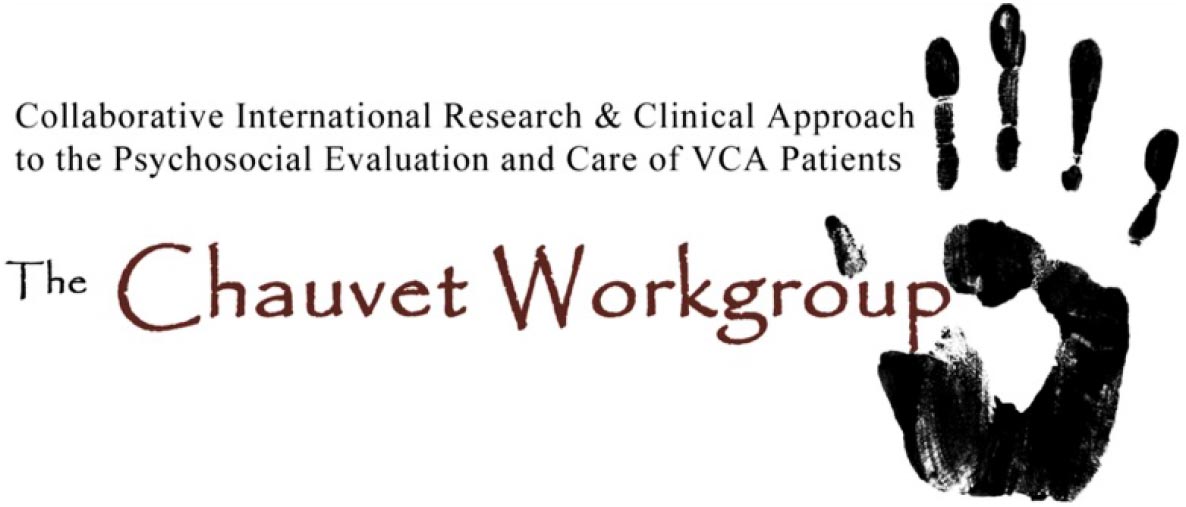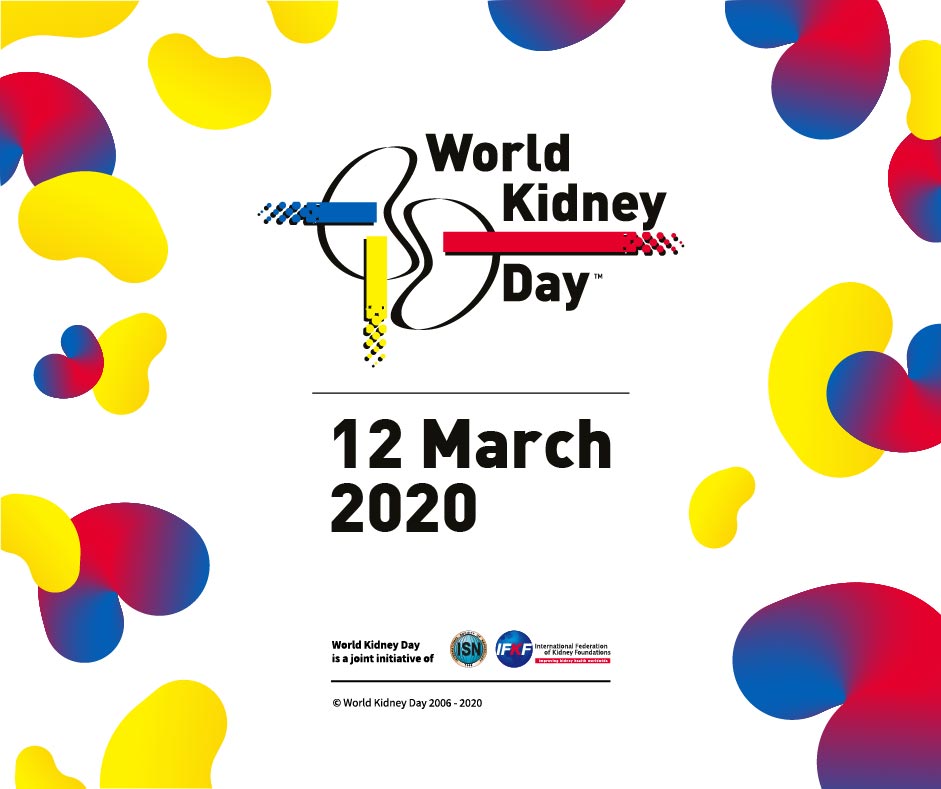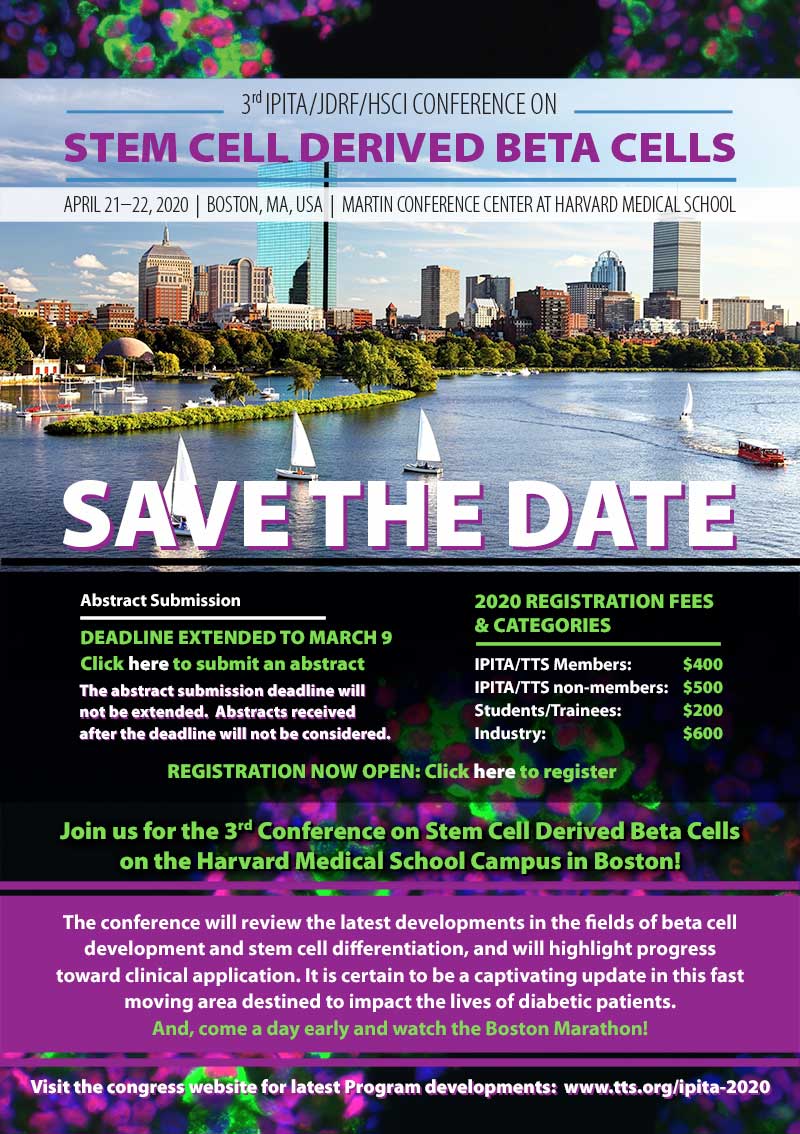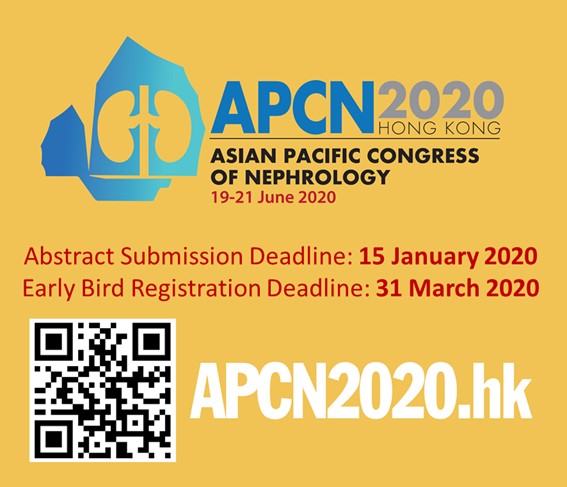
YOUNG MEMBERS' SCIENTIFIC AWARDS

In order to help young members offset expenses to attend our Congress in Seoul, TTS 2020 will be offering Young Investigator Awards and International Transplantation Science Mentee-Mentor Awards. Award recipients will be selected on scientific merits.
Young Investigator Awards
To be eligible for the Young Investigator Awards, you need to apply by March 23, 2020, submit an abstract to the Congress, be a trainee (within 2 years of completion of their training and/or fellowship) and be a member of TTS.
International Transplantation Science Mentee-Mentor Awards
TTS in collaboration with National and International Societies acknowledges the contribution of basic science to the field of transplantation by offering Mentee-Mentor awards.
To be eligible, you need to apply by March 23, 2020, submit an abstract to the Congress, be a graduate student or trainee (within 5 years of receiving PhD, MD), both Mentee and Mentor must attend TTS 2020 and be member of both TTS and confirmed supporting Societies.
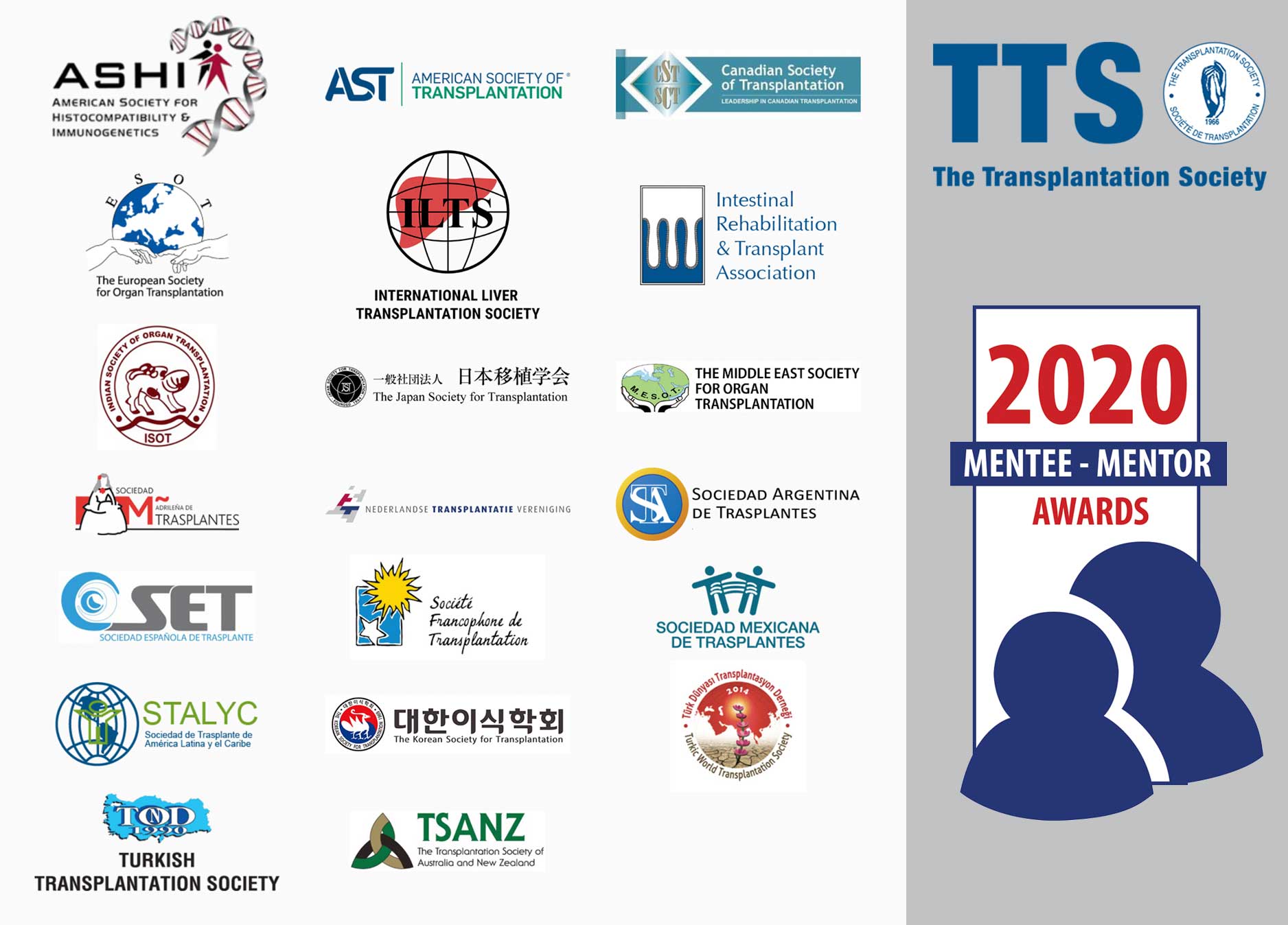
JUST RELEASED - TRANSPLANTATION - MARCH ISSUE
This issue has a broad range of new areas of interest across all forms of transplantation. Lung transplants may become even more challenging surgically if the results of two experimental studies are implemented to resolve bronchial artery and lymphatic function. Liver transplantation is well served with a summary of hot topics in science, pointers to relevance of DSA's, and some clinical pointers to ICH after liver transplantation. Pancreas allocation in the USA seems to be improving the outlook for people on the waiting list. Another packed issue with too much to mention here!
CLICK HERE TO ACCESS THIS ISSUE
TTS MEMBERS - CLICK HERE TO SIGN-IN FOR OPEN ACCESS THROUGH TTS.ORG
TRANSPLANTATION - WEEK'S MOST DOWNLOADED PAPER
GUIDANCE ON CORONAVIRUS DISEASE 2019 (COVID-19) FOR TRANSPLANT CLINICIANS
This is the second update of Coronavirus Disease 2019 (COVID-19). It is important to note that information about this disease and our understanding of this virus and its impact on transplantation is evolving rapidly so the guidance may change over time. We plan to regularly update the guidance as new information becomes available.
TRANSPLANTATION - HIGHLIGHTED ARTICLE

Dr. Andrea Schlegel, Editorial Fellow, Transplantation
Outcomes in Older Kidney Transplant Recipients After Prior Nonkidney Transplants
Haugen CE, Luo X, Holscher CM, et al.
Transplantation: November 2019 - Volume 103 - Issue 11 - p 2383-2387 doi: 10.1097/TP.0000000000002596
In context of the overall improved outcomes after solid organ transplantation, recipients experience a prolonged exposure to immunosuppressive agents. Based on this, an increased number of non-kidney transplant recipients develop end stage renal disease (ESRD), which occurs as one significant long-term side effect of calcineurin inhibitors. Authors assess here the outcome of elderly candidates, who receive a kidney after non-kidney solid organ transplantation (nkSOT) with subsequent development of ESRD. To explore the benefit of kidney transplantation (KT) in candidates with previous nkSOT, recipient survival was assessed and compared to waiting list death. Authors identified 930 kidney recipients with previous nkSOT from the UNOS dataset, which were compared to more than 40`000 primary kidney recipients. Although the elderly group with previous nkSOT had similar donor and recipient characteristics, this group was generally fitter, with lower rates of diabetes, hypertension and a higher percentage of pre-emptive kidney transplantations with shorter median time on dialysis when compared to old recipients without previous nkSOT (2.3 vs 3.3 years). In context with the known higher mortality rate during dialysis treatment in general, candidates, who remained on the kidney transplant waiting list had a significantly impaired survival compared to those who received the KT (7.5 vs. 3.8years).
The survival benefit of the old candoidates, who recieve a KT after previous transplantation appears of importance for the assessment of potential older candidates in the future, who have two risk factors, older age and previous nkSOT.
TTS-IRTA AHP WEBINAR RECORDING IS AVAILABLE
PEDIATRIC INTESTINAL FAILURE AND TRANSPLANT: UPDATES IN PATIENT CARE
CLICK HERE TO VIEW THE RECORDING
(YOU MUST BE LOGGED INTO THE WEBSITE)
Webinar Summary:
The Allied Health Provider Committee of IRTA is pleased to present the first webinar of the Allied Health 2020 Speaker Series. This webinar will focus on patient care strategies and outcomes within intestinal rehabilitation and transplant. The topics presented will provide updates focusing on nutritional interventions and physical outcomes in intestinal failure as well as analgesia post-intestine transplant. Each presentation will be 15 minutes in length followed by a 5-minute question period.
IN THE NEWS
VIRUS-INFECTED ORGAN TRANSPLANT RECIPIENT RECOVERS IN WUHAN HOSPITAL
Feb. 18 - A Chinese kidney transplant recipient infected with the novel coronavirus pneumonia (COVID-19) has recovered. The patient, 53, had a kidney transplant 12 years ago. He was diagnosed with COVID-19 in January in the Tongji Hospital affiliated to Huazhong University of Science and Technology in Wuhan, the epicenter of the outbreak in central China's Hubei Province.
FACE TRANSPLANTS: WHAT ROLE FOR LIVED EXPERIENCE IN ASSESSMENTS?
Feb. 26 - Facial transplantation can help recipients reengage with their friends and communities and restore their social identities. Yet for all of the procedure’s benefits, the facial transplantation field still has not settled on how to best define and measure quality of life (QoL) for candidates and recipients in ways that account for their lived experiences.
ELDERLY PATIENTS ALSO BENEFIT FROM KIDNEY TRANSPLANTATION
Feb. 26 - Study shows that patients older than 75 years who received a kidney from a similarly aged donor remain dialysis-free for the rest of their lives.
NEW TECHNIQUE FOR BOWMAN LAYER TRANSPLANTATION WIDENS ELIGIBILITY TO THIN KERATOCONIC CORNEAS
Feb. 28 - A variation of Bowman layer transplantation, in which the graft is implanted on the surface of the eye after removal of the epithelium, might be an alternative for keratoconus patients with thin corneas.
THE WORLD'S LARGEST STEM CELL BIOBANK LAUNCHED
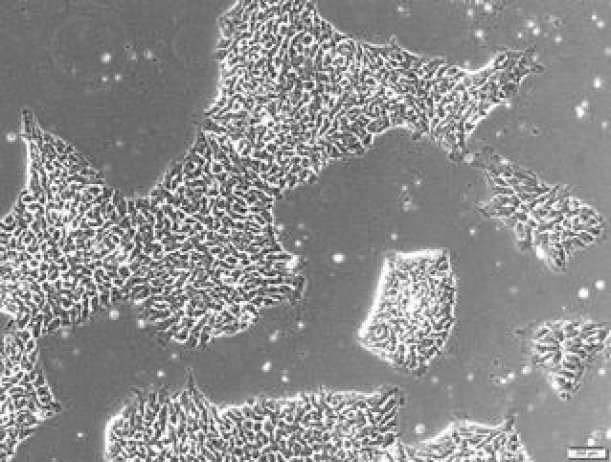
Feb. 26 - Diabetes, cardiovascular disease, Parkinson's and Alzheimer's disease make up the world's most common diseases. A new biobank at Lund University in Sweden—the largest of its kind—with stem cells from both those affected and healthy individuals, will contribute to an increased understanding of how these diseases arise.
UPCOMING MEETINGS AND ANNOUNCEMENTS
DECEASED ORGAN DONATION AND RELIGION SYMPOSIUM - MARCH 12-13, 2020 - ANKARA, TURKEY
Hotel rates start at $35 USD per night for single accommodation at the Symposium Hotel.
4th International Chauvet Workshop - Save the Date!
We are excited to announce that the planning for the Chauvet 2020 meeting is well underway. This meeting is of interest to all health care providers who care for individuals with upper extremity amputations, severe facial disfigurement, absolute uterine factor infertility and those with loss of laryngeal function and all VCA candidates and recipients. If you are in any discipline with an interest in the psychosocial aspects of these patients, this meeting will interest you.
MEETING FACTS
- Location: Mayo Clinic Downtown Campus, Rochester MN, USA
- Date: April 30 (beginning at 12pm CDT) to May 2 (ending at 5pm).
- Registration fee: $310 (Includes meeting registration, two breakfasts and lunches and two gala dinners and networking events at the historic homes of Drs. William and Charles Mayo,)
- Lodging: There are several reasonably priced hotels in close proximity to the meeting location.
Email us to add yourself to our mailing list or with questions at transplant-rst@mayo.edu.
Watch for links to more information coming soon!
11TH INTERNATIONAL PEDIATRIC INTESTINAL FAILURE AND REHABILITATION SYMPOSIUM
3rd IPITA/JDRF/HSCI Conference on Stem Cell Derived Beta Cells
18th Asian Pacific Congress of Nephrology (APCN)
Contact
Address
The Transplantation Society
International Headquarters
740 Notre-Dame Ouest
Suite 1245
Montréal, QC, H3C 3X6
Canada
Используйте Вавада казино для игры с бонусом — активируйте промокод и начните выигрывать уже сегодня!

